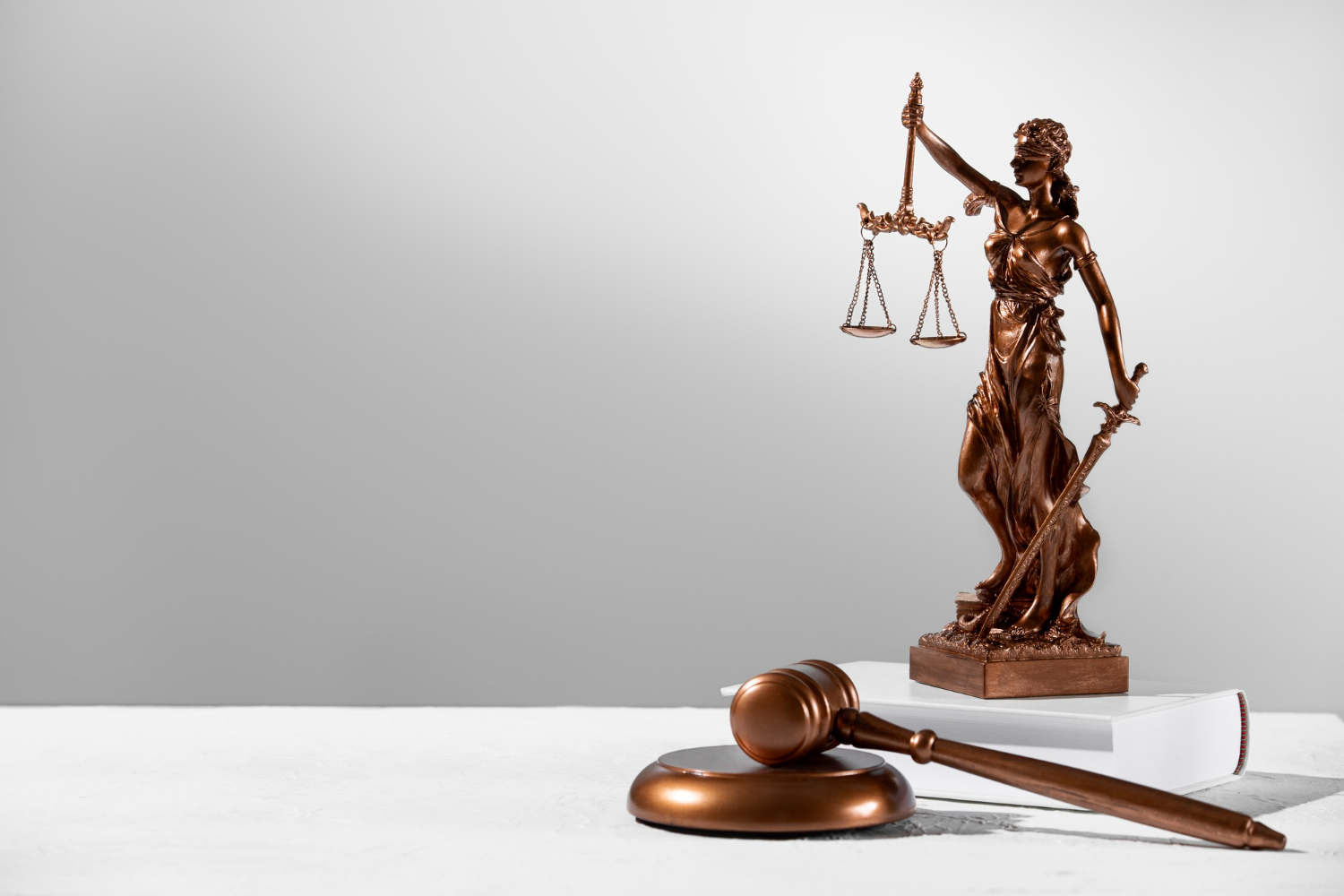In the justice system, judges and a jury are important, especially in criminal litigation. Understanding how judges are assigned to these cases can help us appreciate the fairness and order of the justice system. Here are some ways the justice system appoints a judge, for instance.
How Judges Get Assigned to Criminal Cases
1. Random Selection
Criminal cases are frequently placed in court with random selection assignment; e.g., the court uses a technique, e.g., drawing names from a bag of marbles, for selecting which judge adjudicates the case. This system is impartial because it ensures that no one chooses a favourite judge or refuses a judge they may dislike. It ensures that all obtain a fair shot at the court.
2. Special Expertise
Some judges are given special training or experience in certain kinds of cases. For instance, when a complex financial crime case is presented to the court, the judge may have money and business code skills.
So, the judge is in a position to come to a more informed decision, as, in coming to a judge’s decision, they also possess a depth of knowledge and understanding of the complex case compared with somebody who wasn’t exposed to that context.
3. Geographical Considerations
Judges may be assigned by crime scene, i.e. When a crime happens in a particular town, it is generally preferable to have a local judge see it. Local magistrates are much better placed to know the relevant community and its problems, like drugs or criminal cases, than justices from a distance. It also ensures that the judge understands local law and can take appropriate action for the local community.
4. Judge Rotation
Judges often rotate between different types of cases. That is, they may work on criminal cases one year round and on civil cases (i.e., cases unrelated to crimes). This rotation maintains the judges’ abilities and legal knowledge on various aspects of the law, thereby making them more effective judges. It further ensures that no single judge will become familiar with only one kind of case.
5. Administrative Needs
There are instances in which the assignment to judges may need to be rearranged due to their respective caseloads. In some situations, one judge has an overloaded docket, which may be split among the court’s other judges, who have fewer cases. It is the same, ensuring not to overload any judge and that all judges can give the right attention to each case.
6. Avoiding Conflicts
Before the case is given to a judge, there are checks for potential conflicts of interest. This implies they ask whether there is anything that might enable a judge to opt against sitting on the case for obvious reasons. (For example), if a judge has a personal relationship with one or more of the parties involved in a case, that judge may be exempted from responsibilities so as not to introduce any bias or favouritism in the judge’s decision to the detriment of one party.
Conclusion
Selection is based on random allocation, special skills (if applicable), location, rotation among judges, administrative requirements and conflict of interest avoidance. All these discretions guarantee that everyone has a fair shot in court.
Need legal assistance in Brampton or anywhere else? Find Brampton criminal lawyers. They’re familiar with handling criminal cases and can advise on any legal problem you may have.


